

Private Sector Competitiveness
Internally generated revenue is expected to rise by over 50% because of the following factors:- Provision of more market structures: increased revenue from rent, bills, fees etc.Intensification of collection of revenue under rates and fees, for example, property rate. Increased dry season farming will mean more agricultural produce and hence more tolls collected from the market and other buyers.
More internally generated revenue will mean a bigger allocation of the DACF. Opening of the Bolga Old Central Market will improve revenue generation. The Build, Operate and Transfer system being piloted will greatly enhance revenue collection.
- Tomato production is expected to grow by 20% per annum and more people will be employed when the tomato cannery at Pwalugu is rehabilitated.
- The rehabilitation of the meat factory will also create employment for more than 200 persons.
- More small-scale irrigation facilities are being developed and existing dams/dugouts being rehabilitated to provide adequate water for dry season farming and livestock rearing in order to increase the income and nutritional status of the people and reduce seasonal out-migration of the youth.
- The ongoing craft village construction will promote production and the marketing of straw and leatherworks thereby creating jobs.
- The vibrant hospitality industry will promote tourism and other related activities
Human Resources Development
There are good prospects for the improvement of the quality of the human resources of the municipality.
The Assembly has always regarded education as its major priority area. More educational infrastructures will be constructed with funds from the DACF, Government of Ghana programmes/projects such as HIPC, GETFUND, E.U Micro projects and NGOs sources as well as from public-spirited persons especially indigenes of the district.
These will lead to increase in enrolment, and improvement in performance of pupils. The Assembly’s sponsorship of students in teacher and nursing training colleges and tertiary institutions will enhance the manpower level of the municipality. The rehabilitation of school infrastructure will promote teaching and learning particularly at the basic level.
The health status of the people will improve considerably with plans to adequately equip rural clinics, train more community nurses etc.
The Assembly will continue to support the mutual health insurance scheme which will make health care affordable for the poor and vulnerable.
Population Management
The family planning acceptor in the municipality though lower than the national figure, has been rising for the past five (5) years. With the strategies in the DMTDP, the municipality is going to catch up with the rest of the country. Both men and women will realize the benefit of smaller families.
Skills And Entrepreneurial Development For The Youth
Given the importance the Government attaches to the training of the youth as well as the availability of funds from the poverty alleviation schemes, more and more of the youth are going to acquire vocational and employable skills through the Youth Employment Programme
Special Programmes For The Vulnerable & Excluded
Special Education
The Government, Municipal Assembly and NGOs are going to commit more resources for the education of CWDs and give them a meaningful life.
Women Empowerment
The prospects of women’s economic independence through simple income generating activities are very great with the availability of funds under the various poverty alleviation and Micro-Credit Schemes.
Women Emancipation
Laws against the negative cultural practices against the human rights of girls and women are going to be enforced rigorously and with an intensive educational campaign more and more women are going to be freed from things such as FGM, forced marriages, cruel widowhood practices, dispossession of properties etc.
Good Governance
The administrative and institutional set-up of the municipality is going to improve. The Assembly shall ensure that the lower structures are in place and functioning effectively. This will promote revenue generation thereby attracting more government funding of projects.
The existence of a national land policy and land management institutions such as the Lands Commission, Land Valuation Board, Survey Department, Town and Country Planning Dept. and an Association of Tindanas will enable the Assembly to bring under control land disputes especially those concerning MDAs and improve upon land administration in the municipality
The Assembly will create an enabling environment for the private sector by tackling seriously development control, re-settlement of artisans and articulated trucks as well as cooperating with NGOs.
Monitoring And Evaluation
Monitoring and Evaluation are important tools for guiding decision making in the plan implementation process. Monitoring assesses the progress of work at a particular time and compares it with the programme design to identify problems and deviation from the predetermined objectives. By so doing, one can establish the reasons for failure to attain the intended results. Evaluation on the other hand assesses the results of the projects or plan and analyses their impact on the project objectives and the target group.
Generally, the goals, objectives, strategies and projects as well as the indicators and assumptions are the major items subject to monitoring and evaluation. Unforeseen changes in the political, economic and social environment for example would call for monitoring and evaluation to enable implementing agencies make the necessary modifications and take appropriate corrective measures to ensure that the desired results are achieved.
In the monitoring and evaluation process, the Municipal Assembly would use an internal project work plan to control the activities and individual tasks, and a Plan of Operation to schedule activities, control resources and monitor the interim results and assumptions. The individual project implementing agencies would exercise a monitoring role over the projects they are implementing.
On the whole, the Municipal Assembly, acting through its Municipal Planning Coordinating Unit (MPCU) would exercise an overall monitoring and evaluation role in the implementation of the Medium Term Plan. The MPCU would be responsible for designing the monitoring and evaluation schedule to guide plan implementation.
The time schedule, the indicators which will be used as the yard stick for both monitoring and evaluation and the respective agencies that are responsible for carrying out the different types of monitoring and evaluation would be explicitly spelt out to guide all the actors involved in the development process.
Plan Implementation And Management
The implementation of this plan would require active involvement and full cooperation of a number of institutions, among which are the Municipal Assembly, Decentralized Departments. Regional and Line Agencies, Non-Government Organizations, parastalals, private individuals and the communities.
The Bolgatanga Assembly
Also the main facilitator of development in the Municipality, Bolgatanga Municipal is also the main actor in the implementation of the plan. To facilitate plan implementation, the Assembly would carry out the under mentioned functions. Create a conducive atmosphere in terms of administrative strengthening and capacity building for effective implementation of the plan.
Initiate (through the community), co-ordination (through its Municipal Planning and co-ordinating unit) and integrate the implementation of the plan, as well as make appropriate terms of reference for projects. Show firm commitment to the implementation of projects that require funding from the Assembly coffers.
Solicit funding from other sources be the local or external, for the implementation of the projects. Be responsible for the timely review of plans where necessary and prepare subsequent supplementary or remedial action plans and programmes for implementation so that the implementing agencies become aware of the state of plan implementation. Carry out monitoring and timely evaluation of the impact of the plan.
Decentralized Departments
These departments will co-ordinate and consult with the Municipal Assembly, and be fully committed to the course of the Decentralization Programme. They will execute, with dispatch, their quota of the plan under the supervision of the Assembly and report periodically (most preferably quarterly) on their departmental activities.
Regional and other Line Agencies as well as Parastatals: This concerns agencies that may not be fully established at the Municipal level either because they might not be fully decentralized or due to resource constraints such agencies would however still be actively involved in project implementation irrespective of the level from which they are operating.
Non-Governmental Organizations: They will act as direct implementers and facilitators by providing financial, technical and material to some projects being implemented.
The communities- As beneficiaries of the intended development, it is essential that they play an important role in project implementation. They can contribute financially, or in the form of labour or materials for project implementation.
Individuals-Even though most often disregarded, they contribute to the private sector in development. They can take up projects particularly those related to income generation, social services and distribution of goods and services.
Date Created : 11/24/2017 1:34:17 AM


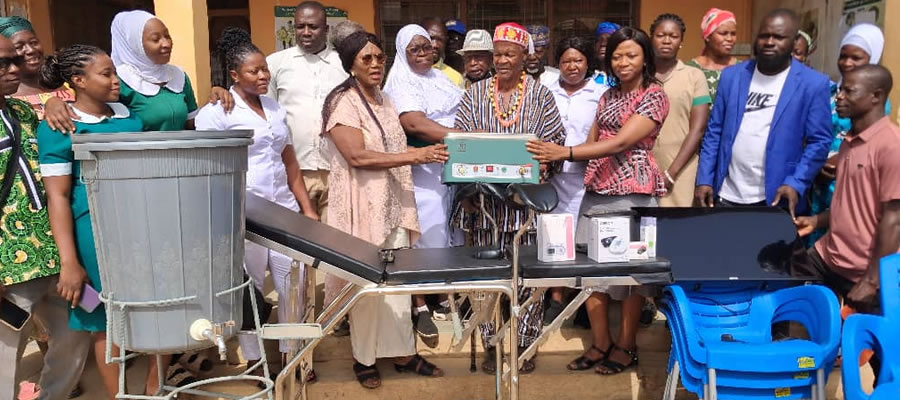
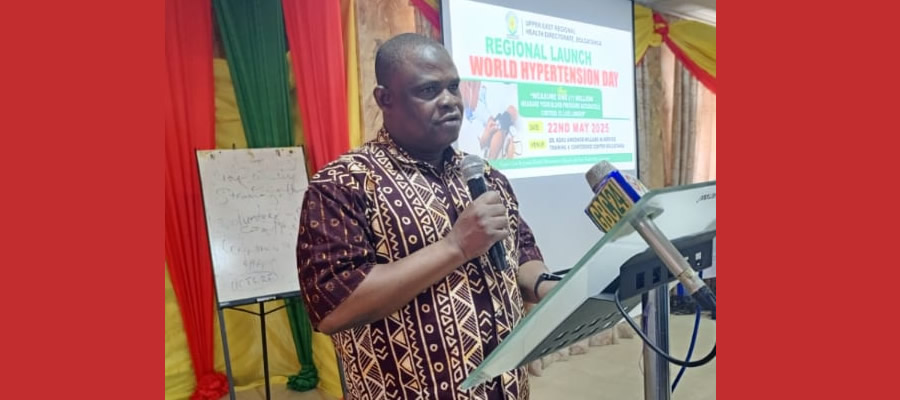
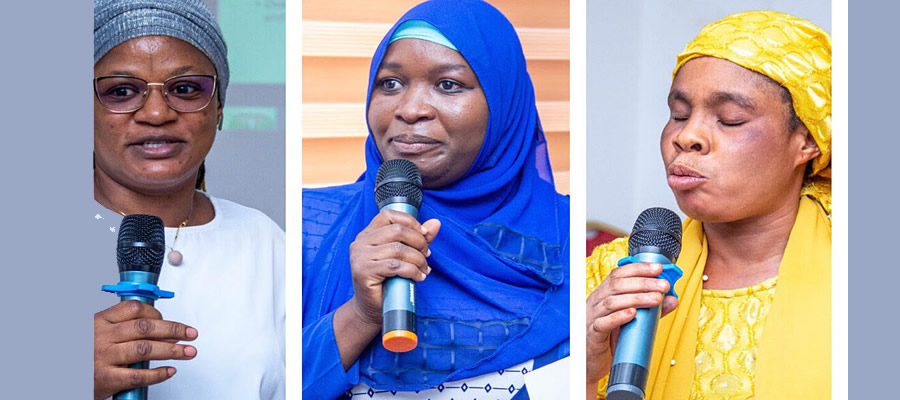

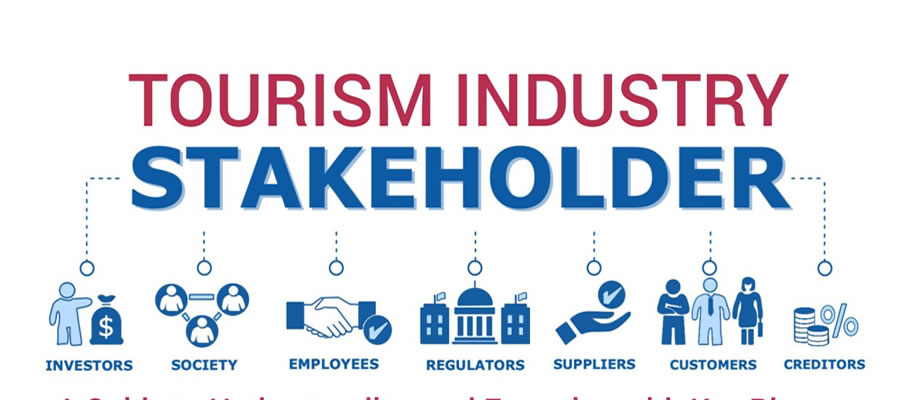
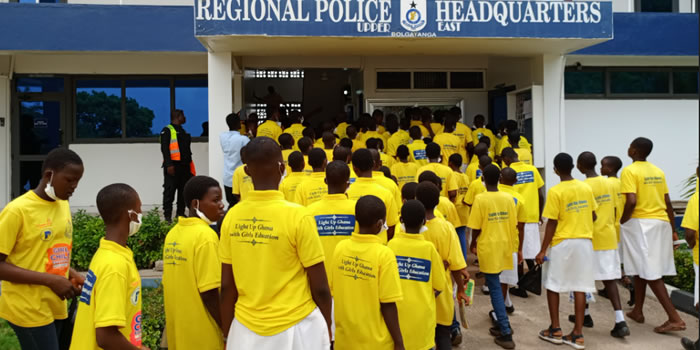



 facebook
facebook
 X
X
 Youtube
Youtube
 instagram
instagram
 +233 593 831 280
+233 593 831 280 0800 430 430
0800 430 430 GPS: GE-231-4383
GPS: GE-231-4383 info@ghanadistricts.com
info@ghanadistricts.com Box GP1044, Accra, Ghana
Box GP1044, Accra, Ghana